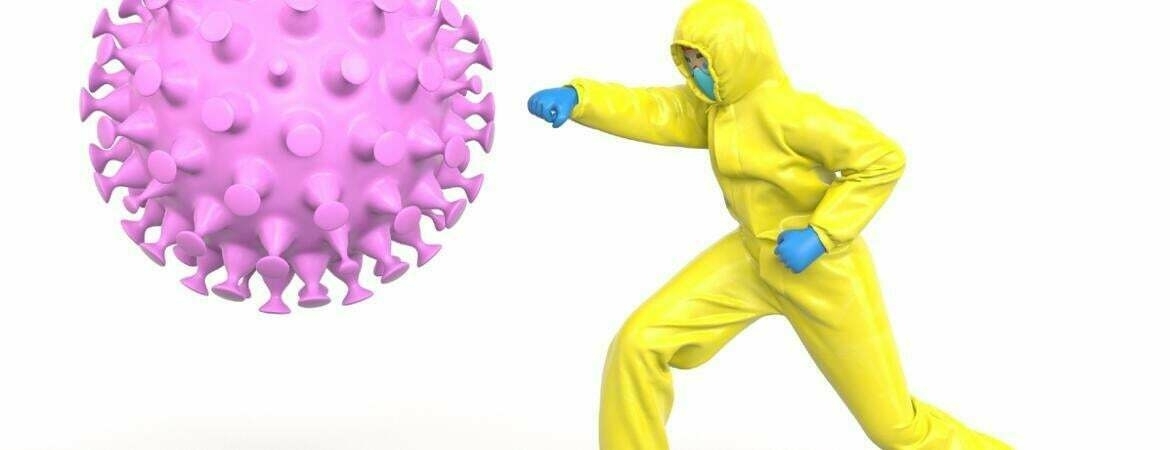Good news on Covid treatments
Well this is promising. Researchers have identified a critical weakness in COVID-19 in its reliance on specific human proteins for replication. The virus has an “N protein” which needs human cells to properly package its genome and propagate. Apparently, blocking this interaction could prevent the virus from infecting human cells.
Right now, the most effective treatment for COVID is Paxlovid, which is only effective within three days of infection. This new discovery could lead to medications useful at all stages of infection and potentially pave the way for a new class of antivirals useful against other viruses like flu, RSV, and Ebola.

COVID takes advantage of a human post-translation process called SUMOylation, which directs the virus’ N protein to the right location for packaging its genome after infecting human cells. Once in the right place, the protein can begin putting copies of its genes into new infectious virus particles, invading more of our cells, and making us sicker.Source: Scientists uncover COVID’s weakness | UC Riverside News“In the wrong location, the virus cannot infect us,” said Quanqing Zhang, co-author of the new study and manager of the proteomics core laboratory at UCR’s Institute for Integrative Genome Biology.
[…]
This paper shows that COVID depends on SUMOylation proteins, just as the flu does. Blocking access to the human proteins would allow our immune systems to kill the virus.
Currently the most effective treatment for COVID is Paxlovid, which inhibits virus replication. But patients need to take it within three days following infection. “If you take it after that it won’t be so effective,” Liao said. “A new medication based on this discovery would be useful to patients at all stages of infection.”